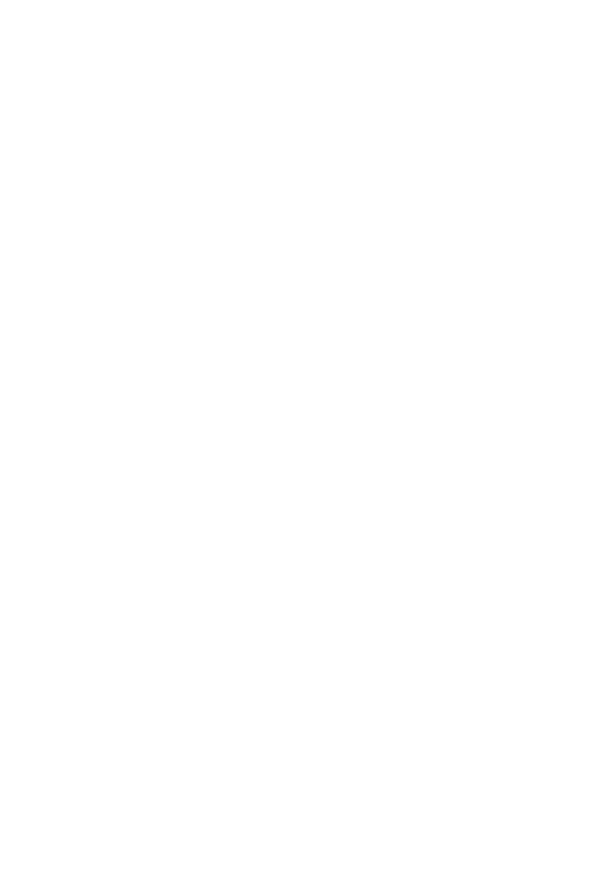
39. On the FBI's standard operating procedure, see Samuel Berger interview (Jan. 14, 2004); John Podesta inter-
2004); Paul Kurtz interview (Dec. 16, 2003).
got nothing from the FBI--and were told that they were being deliberately kept out of the loop on grounds of
propriety. See also Samuel Berger interview (Jan. 14, 2004); Richard Clarke interview (Jan. 12, 2004); Roger Cressey
interview (Dec. 15, 2003). In fact, it was completely appropriate for the NSC to be briefed by the FBI on its national
security investigations. Moreover, the legal bar to sharing information was often exaggerated. Only information
actually presented to the grand jury could not be disclosed. See Rule 6(e) of the Federal Rules of Criminal Pro-
cedure, which establishes rules for grand jury secrecy.
43. Intelligence report,Activities of Bin Ladin associates, Jan. 2, 2000; CIA cable,"Activities of Bin Ladin Asso-
mation was not shared with FBI headquarters until August 2001. An FBI agent detailed to the Bin Ladin unit at
CIA attempted to share this information with colleagues at FBI headquarters. A CIA desk officer instructed him
not to send the cable with this information. Several hours later, this same desk officer drafted a cable distributed
solely within CIA alleging that the visa documents had been shared with the FBI. She admitted she did not per-
sonally share the information and cannot identify who told her they had been shared. We were unable to locate
anyone who claimed to have shared the information. Contemporaneous documents contradict the claim that they
were shared. DOJ Inspector General interview of Doug M., Feb. 12, 2004; DOJ Inspector General interview of
Michael, Oct. 31, 2002; CIA cable, Jan. 5, 2000; DOJ Inspector General report,"A Review of the FBI's Handling
of Intelligence Information Related to the 9/11 Attacks," July 2, 2004, p. 282.
Bin Muhammad bin `Abdallah al-Mihdhar," Jan. 6, 2000.
48. CIA cable,"UBL Associates: Flight Manifest," Jan. 9, 2000. None of the CIA personnel at CIA headquar-
unreported intelligence associated with the same sources, analysts would have been able to quickly learn "Nawaf "
was likely Nawaf al Hazmi. Such analysis was not conducted until after 9/11. After 9/11 it also was determined
that Salahsae was part of a name being used by Tawfiq bin Attash, also known as Khallad. One reason he was trav-
eling around East Asia at this time is that he was helping to plan possible hijackings on aircraft in connection with
an early idea for what would become the 9/11 plot.
met at the Kuala Lumpur airport by Ahmad Hikmat Shakir, an Iraqi national. Reports that he was a lieutenant
colonel in the Iraqi Fedayeen have turned out to be incorrect.They were based on a confusion of Shakir's identity
with that of an Iraqi Fedayeen colonel with a similar name, who was later (in September 2001) in Iraq at the same
time Shakir was in police custody in Qatar. See CIA briefing by CTC specialists (June 22, 2004);Walter Pincus and
Dan Eggen,"Al Qaeda Link to Iraq May Be Confusion over Names," Washington Post, June 22, 2004, p. A13.
for the record," Jan. 6, 2000.
52. CIA cable,"UBL Associates: Identification of Possible UBL Associates," Feb. 11, 2000.
53. CIA cable,"UBL Associates: Identification of Possible UBL Associates," Mar. 5, 2000. Presumably the depar-
these names were watchlisted with the Thai authorities, we cannot yet explain the delay in reporting the news. But
since nothing was done with this information even in March, we do not attribute much significance to this failure
alone.